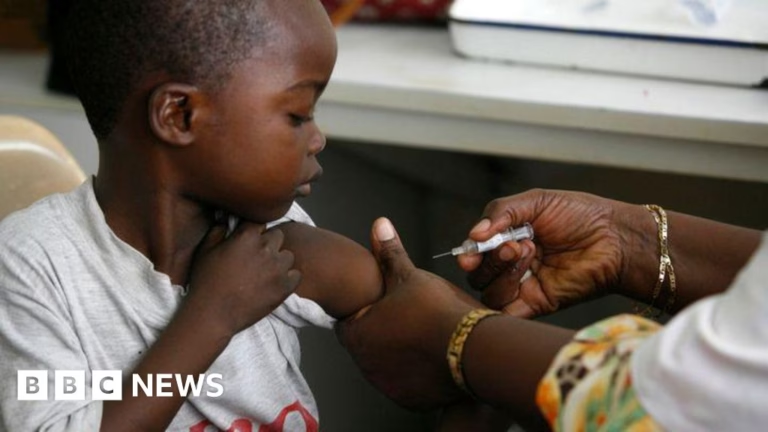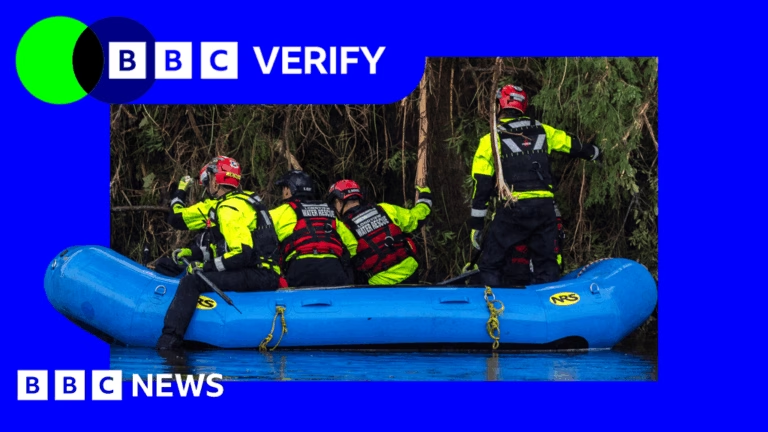Thousands of villagers in the central Indian state of Madhya Pradesh are protesting against a multi-million-dollar river-linking project, which they claim will take away their homes and livelihoods. The Ken-Betwa project, with a budget of 440 billion rupees ($5.06 billion, £4.05 billion), aims to channel surplus water from the Ken river in Madhya Pradesh to the Betwa River in neighbouring Uttar Pradesh through a network of tunnels, canals, and a dam.
It is the first of 16 such river-linking projects identified under India’s National Perspective Plan for water resource development in the 1980s. The project faced multiple delays due to environmental concerns and political disputes but was cleared by the government in 2021. Prime Minister Narendra Modi laid the foundation stone for the construction of the project in December last year.
The project aims to help the drought-prone Bundelkhand region, which includes parts of Madhya Pradesh and Uttar Pradesh, where arid climate and unpredictable rainfall patterns have led to decades of poverty and underdevelopment. Once completed in 2030, the project is expected to irrigate 1.06 million hectares of land, provide drinking water to 6.2 million people and generate 130MW of hydropower and solar energy.
However, at least 10 villages, including vast swathes of precious forest land, will be submerged to build the dam’s reservoir, and 11 villages will be displaced for the construction of the canal, affecting more than 7,000 families, according to district officials. Most of the villagers belong to the indigenous Gond and Kol tribes, who live along the edge of forests and rely on farming for a living.
Environmentalists warn that the project will submerge nearly 98 sq km (38 sq miles) of the Panna Tiger Reserve, a 543 sq km sanctuary that successfully brought tigers back from local extinction in 2009. “It’s unprecedented. We have never seen a core area of a national park being used for such a large-scale infrastructure project before,” says environmentalist Amit Bhatnagar.
The government claims to have conducted thorough research and acquired all environmental clearances for the project. However, independent studies have raised concerns about the project’s economic viability and impact on the region’s wildlife. A 2023 study published in the Nature Communications journal states that such projects “may worsen the water stress across the country, making these projects ineffective or possibly even counterproductive.”
The government has offered villagers an optional compensation plan, where they can either opt for a piece of land along with 750,000 rupees ($8,655; £6,842) or a one-time payout of 1,250,000 rupees. Villagers complain that the amount being offered is insufficient and they have not been informed when they must evacuate or where they’d be resettled, fueling anxieties about their future.
Critics also question the claim that the project is meant to channel excess water from the Ken River, pointing out that the government has relied on outdated data from 2003 to calculate the river’s annual yield. Mr. Bhatnagar, the environmentalist, said that by going ahead with the project, the government was setting “a dangerous precedent” for similar development programs to be carried out in other geologically sensitive areas.
Source: https://www.bbc.com/news/articles/c4gwj2qy9pxo







